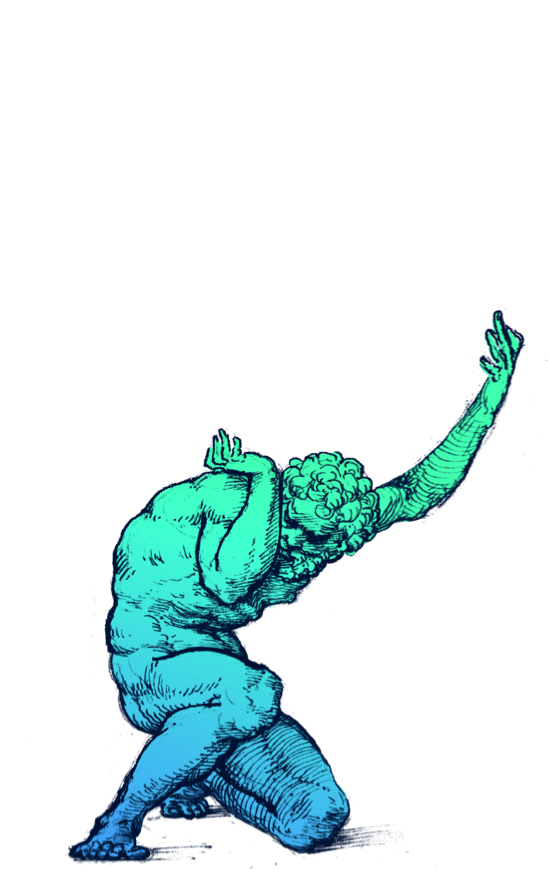18:56
Frederic Kerrest
There's a couple of things to Tien's point cultures are very different. Just Europe alone is 27 different countries, languages and so forth. For example, in America, at our headquarters and our other big offices, Chicago, Washington, D C it's employees really like to have lunch brought in. So Monday, Wednesday, Friday, we bring in lunch. It's an opportunity for everyone to sit together. Engineers can sit and talk to salespeople. Like Tien said all the other cross pollination. Well, actually we brought that to France and we said, "Hey, we're very excited. We're bringing you the same thing." And the French were like, "We don't like that." We're like, "What do you mean? You don't like the lunch?" They're like, "No part of being in France is I'm going out to lunch. I'm having a glass of wine. It's an event it's part of the day." So those cultural things, if you've got in American just being like, "Damn it, Paris office, you're going to eat lunch in the office." The Paris is like, "This is terrible." And then finally, the last thing I would say is you just have to emphasize and repeat over and over and over what Tien said, which is, "I actually tell people all the times at all, hands, if you get two phone calls or two emails or text messages or Slack or whatever, from two people, and one of them is maybe in the next time zone over, or maybe another local North America office and the other one's from Australia or from Munich or from Japan, answer that second one first because the first person is going to know how to get stuff done, answer the communication from the furthest geography that you can prioritize that and show everyone that's the way that they should approach life."
